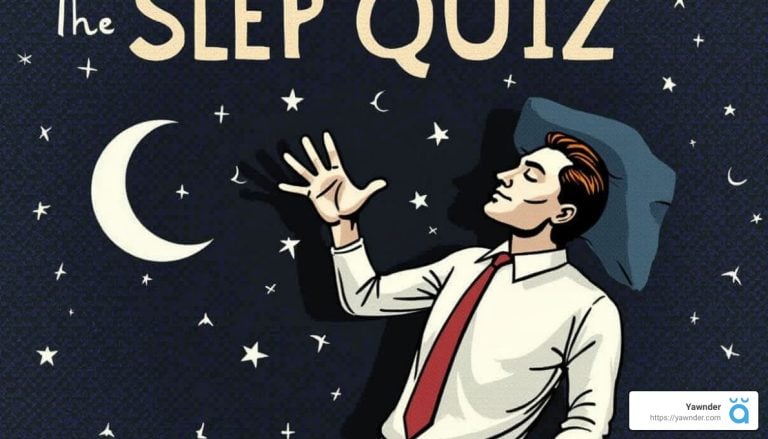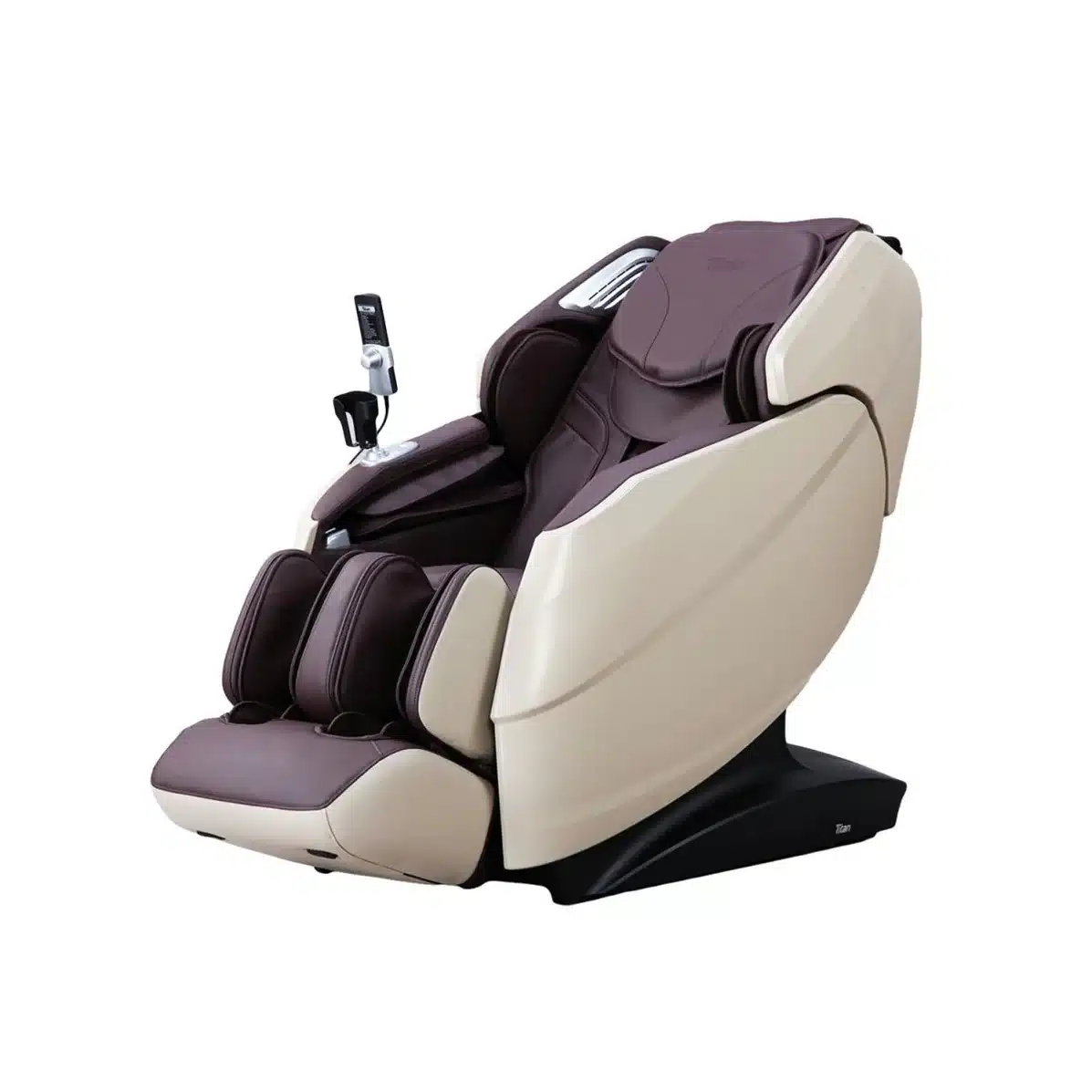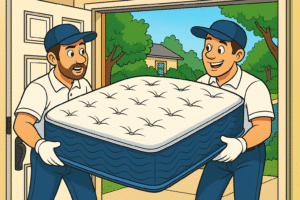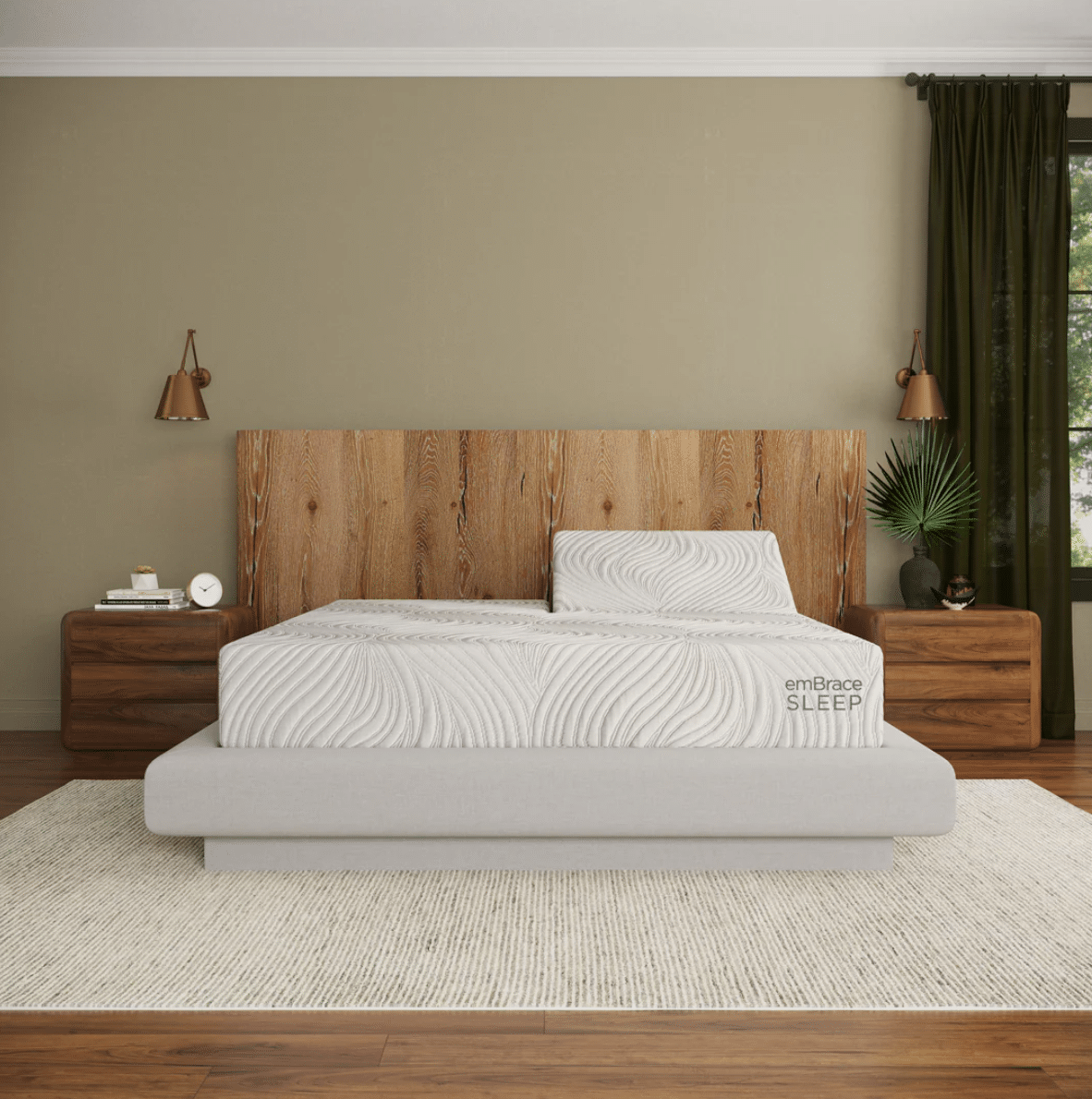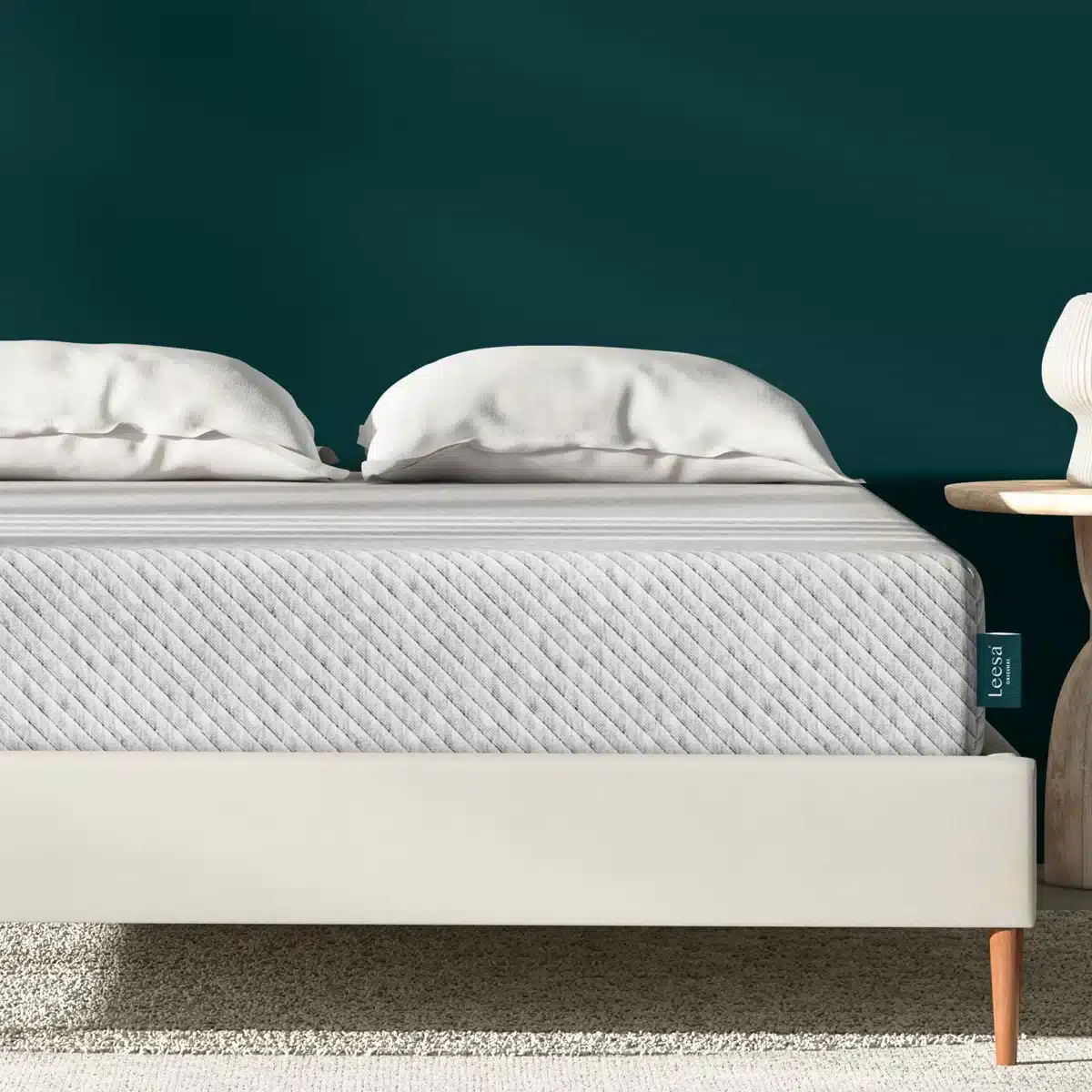One Simple Way to Understand Your Sleep Quiz Results
Understanding your sleep quiz results is vital for achieving optimal health. Sleep is often called the golden chain that ties our well-being together, yet many people underestimate its importance. A sleep quiz not only helps you recognize your sleep patterns and disorders but also impacts your daily life. This comprehensive guide will explore how to interpret your sleep quiz results effectively and determine your next steps for better sleep.
What Does Your Sleep Quiz Reveal?
When you complete a sleep quiz, you receive several key insights:
– Sleep Score: An overall evaluation of your sleep quality.
– Sleep Patterns: Details about your daily sleep habits.
– Potential Sleep Disorders: Indications of issues like insomnia or sleep apnea.
– Next Steps: Guidance on whether professional consultation is necessary.
I’m Ben Trapskin, the creator of Yawnder and a passionate advocate for healthy sleep. My quest for restful nights began when I faced chronic insomnia, which propelled me to seek professional guidance and explore effective solutions. Let’s decode your sleep quiz results together.
Understanding Sleep Quizzes
A sleep quiz is a user-friendly tool designed to assess your sleep quality through a series of questions regarding your nighttime behaviors and daytime feelings. Questions typically cover topics such as the ease of falling asleep, nighttime disruptions, and how rested you feel upon waking. The primary aim is to assist you in identifying sleep patterns and potential disorders that may compromise your rest.
How Sleep Quizzes Function
Sleep quizzes evaluate your responses to generate a sleep score ranging from excellent to poor. This score provides you with a clear depiction of your sleep state.
Here are some typical questions you may encounter:
– How often do you experience difficulty falling asleep?
– Do you wake up multiple times during the night?
– How refreshed do you feel in the morning?
– Do you experience daytime drowsiness?
The Importance of Taking a Sleep Quiz
Grasping your sleep patterns is critical for maintaining good health. According to the National Sleep Foundation, over a third of U.S. adults do not receive the recommended amount of sleep, leaving them fatigued for at least half the week. A sleep quiz can help you determine if you’re part of this concerning statistic and guide you toward making necessary improvements.
What Sleep Quizzes Can Uncover
Sleep quizzes can reveal insights into various aspects of your sleep habits, including:
– Sleep Quality: Are you achieving restorative sleep, or do you wake up feeling exhausted?
– Sleep Patterns: Are your bedtimes and wake times consistent?
– Potential Disorders: Could you have conditions like insomnia, sleep apnea, or restless leg syndrome?
The Advantages of Understanding Your Sleep Quiz Results
Taking a sleep quiz offers invaluable insights into your sleep health. This knowledge empowers you to make informed decisions on whether to seek professional help or adjust your lifestyle for better sleep.
For instance, if your results show inadequate sleep quality, consider consulting a sleep specialist. Conversely, if your score is good but you constantly feel tired, it might be time to evaluate other lifestyle factors like your diet or stress levels.
Always remember that a sleep quiz serves as an initial screening tool—not a diagnostic instrument. For an accurate diagnosis, consult a healthcare professional.
Navigating Your Sleep Score
Now that you understand the significance of your sleep quiz results, let’s delve into what your specific sleep score indicates and the actionable steps you can take based on these findings.
How to Take a Sleep Quiz
Taking a sleep quiz requires minimal effort and can yield significant insights into your sleep health. Follow these steps to ensure accurate results:
– Choose a Reliable Quiz: Start with a trusted source, such as Yawnder or the Epworth Sleepiness Scale.
– Set Aside Time: Allocate about five minutes in a quiet space free from distractions.
– Be Honest: Provide truthful answers concerning your sleep habits and daytime experiences for the most reliable results.
– Reflect on the Past Month: Consider your sleep experiences over the last 30 days to ensure your responses are consistent and relevant.
Interpreting Your Sleep Quiz Score
Here’s how to make sense of the score you receive:
Excellent Sleep Score (90-100)
You’re doing excellently! This score indicates that your sleep hygiene is superb, and you likely wake up feeling revitalized each day.
– Maintenance Tips: Continue your regular sleep schedule and keep up your pre-sleep rituals.
Good Sleep Score (80-89)
Your sleep habits are commendable, but there’s slight room for improvement.
– Adjustment Suggestions: Optimize your sleep environment to ensure it’s cool, dark, and quiet. Consider incorporating relaxing activities before bed, such as gentle yoga or reading.
Fair Sleep Score (60-79)
Your sleep is average, signaling that improvements can enhance your sleep quality.
– Improvement Steps: Review your habits, assess your pre-sleep activities, and consider lifestyle changes, like incorporating regular exercise or adjusting your diet.
Poor Sleep Score (Below 60)
This score suggests substantial sleep challenges.
– Action Steps: Consult a sleep specialist for personalized advice, and focus on optimizing your sleep hygiene.
Recognizing Common Sleep Disorders
Many sleep quizzes can highlight potential sleep disorders affecting your sleep quality. Here are some common issues that might arise:
– Insomnia: Characterized by difficulty falling asleep or staying asleep, affecting around one in three U.S. adults weekly.
– Sleep Apnea: A serious condition marked by interrupted breathing during sleep.
– Restless Legs Syndrome (RLS): Causes discomfort in the legs and an overwhelming urge to move them.
If your quiz indicates potential sleep disorders, professional consultation is crucial for a proper diagnosis and tailored treatment plan.
Steps for Improving Your Sleep Quality
If your sleep quiz results indicate areas needing improvement, don’t despair. Implement these simple changes to enhance your sleep quality:
Establish a Routine: Aim for the same bedtime and wake-up time daily. This consistency strengthens your body’s internal clock.
Limit Caffeine: Avoid caffeine intake in the afternoon and evening to prevent disruptions in your sleep.
Engage in Regular Physical Activity: Exercise boosts sleep quality but avoid vigorous activities close to bedtime.
Optimize Your Sleep Environment: Ensure your bedroom is dark, cool, and quiet. Invest in quality bedding for added comfort.
By making these adjustments based on your sleep quiz results, you can significantly elevate your sleep experience. Remember, small changes can lead to meaningful improvements.
Frequently Asked Questions about Sleep Quiz Results
What is a good score on a sleep quiz?
A good score generally falls between 80-89, indicating good sleep quality. Scores of 90-100 reflect optimal habits, while scores below 60 may require professional intervention.
How often should I take a sleep quiz?
Consider retaking the quiz every three months, especially after significant lifestyle changes, or at least once a year to monitor your sleep health.
Conclusion
At Yawnder, we recognize the paramount importance of quality sleep for overall well-being. Our range of sleep products and expert evaluations is designed to help you achieve better rest.
Our sleep quizzes are tailored to provide a clear assessment of your sleep quality. They can identify potential issues and offer actionable insights for improvement. Moreover, our dedicated team is always on hand to provide personalized recommendations based on your needs.
By utilizing our tools and resources, you can take charge of your sleep health, embarking on your journey towards restorative sleep. Explore Yawnder’s offerings today and join our growing community of sleep enthusiasts as you prioritize your well-being. Your path to better sleep begins now.


